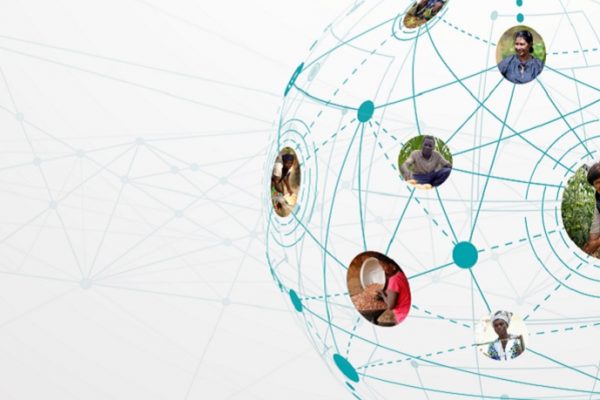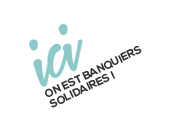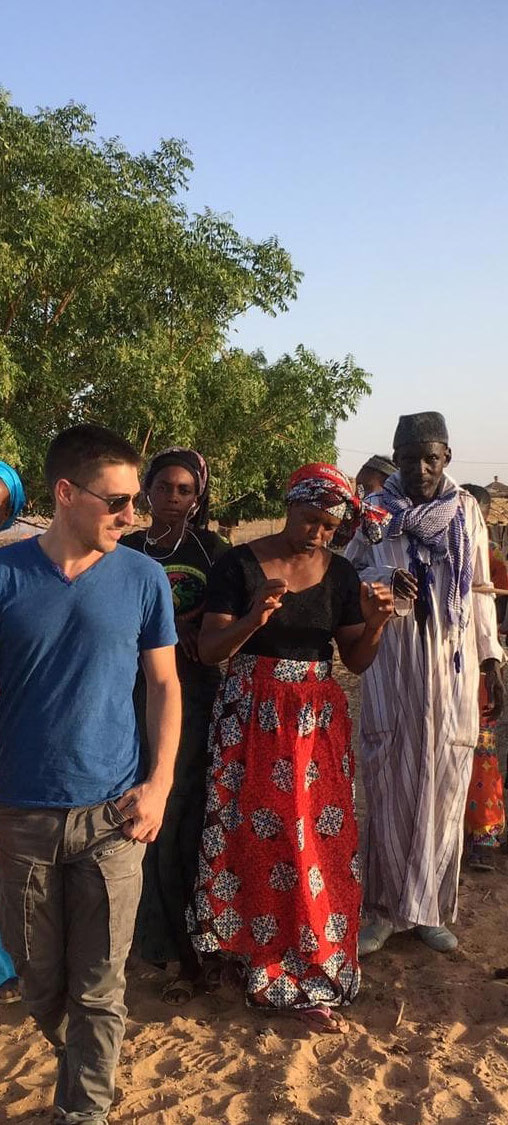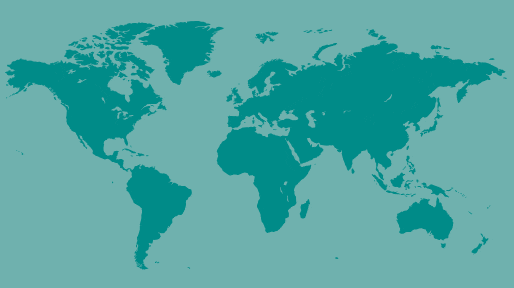![]()
12/07/2025How has the reduction in international aid impacted your work? We want to hear from you
![]()
12/07/2025Journey to the heart of impact: what is the story behind Grameen Crédit Agricole?
![]()
12/07/2025Conference: “Finance and climate: focus on women!”
![]()
12/07/2025Philippe Guichandut spoke at the Uniglobal Conference in Berlin
![]()
12/07/20252023 Annual Report of the Rural Inclusive Finance Fund
![]()
12/07/2025Solidarity bankers: much more than a mission
![]()
12/07/2025Intervention by Hanadi TUTUNJI during European Microfinance Week 2024
![]()
12/07/2025Celebrating women, drivers of change
![]()
12/07/2025Thierry Uy Tiv and Robin Lavrilloux of Grameen Credit Agricole take part in a discussion on financial inclusion in Thailand
![]()
12/07/2025VisionFund Tanzania: digital microloans, women entrepreneurs, great success stories.
![]()
12/07/2025Foundation Board members on mission in Senegal
![]()
12/07/2025The Grameen Crédit Agricole Foundation and Proparco strengthen their partnership
![]()
12/07/2025Getting financial service providers “refugee-ready”: four lessons From Uganda
![]()
12/07/2025Mirgul Bolotalieva: from entrepreneurship to the Paralympic challenge, an inspiring story
![]()
12/07/2025Impact Finance Barometer 2024 published
![]()
12/07/2025The Grameen Crédit Agricole Foundation joins the JuST Institute
![]()
12/07/2025Increased support for VisionFund International
![]()
12/07/2025Dealing with the effects of rising socio-political risks in the Sahel
![]()
12/07/2025First investment in Albania
![]()
12/07/2025Publication of the 2023 Integrated Report
![]()
12/07/2025The latest visit to the financial inclusion program for refugees in Uganda
![]()
12/07/2025SSNUP program supports Agronomika Finance corporation in the Philippines
![]()
12/07/2025Two solidarity bankers in Benin
![]()
12/07/2025The Foundation joins the “2X Challenge” and commits to gender equality in social investment
![]()
12/07/2025First investment in Uzbekistan
![]()
12/07/2025Meeting with Muhammad Yunus, Nobel Peace Prize laureate and cofounder of the Foundation
![]()
12/07/2025New partnership with UNACREP in Benin
![]()
12/07/2025Our Strategic Ambitions 2025
![]()
12/07/2025Back in pictures: celebration of 15 years of the Foundation

16/04/20252023 Annual Report of the Rural Inclusive Finance Fund

30/10/2024Impact Finance Barometer 2024 published
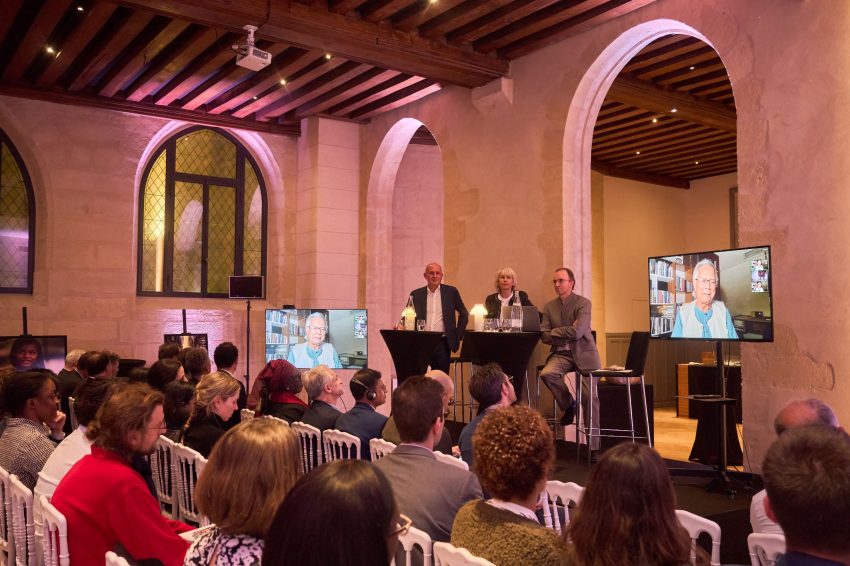
12/12/2023Back in pictures: celebration of 15 years of the Foundation

11/07/2025How has the reduction in international aid impacted your work? We want to hear from you

25/06/2025Journey to the heart of impact: what is the story behind Grameen Crédit Agricole?

17/06/2025Conference: “Finance and climate: focus on women!”

01/06/2025Philippe Guichandut spoke at the Uniglobal Conference in Berlin

01/04/2025Solidarity bankers: much more than a mission

17/03/2025Intervention by Hanadi TUTUNJI during European Microfinance Week 2024

08/03/2025Celebrating women, drivers of change

08/03/2025Thierry Uy Tiv and Robin Lavrilloux of Grameen Credit Agricole take part in a discussion on financial inclusion in Thailand

03/03/2025VisionFund Tanzania: digital microloans, women entrepreneurs, great success stories.

20/01/2025Foundation Board members on mission in Senegal

10/12/2024The Grameen Crédit Agricole Foundation and Proparco strengthen their partnership

05/12/2024Getting financial service providers “refugee-ready”: four lessons From Uganda

07/11/2024Mirgul Bolotalieva: from entrepreneurship to the Paralympic challenge, an inspiring story

30/10/2024The Grameen Crédit Agricole Foundation joins the JuST Institute

02/08/2024Increased support for VisionFund International

23/07/2024Dealing with the effects of rising socio-political risks in the Sahel

16/07/2024First investment in Albania

10/07/2024Publication of the 2023 Integrated Report

03/07/2024The latest visit to the financial inclusion program for refugees in Uganda

01/07/2024SSNUP program supports Agronomika Finance corporation in the Philippines

30/06/2024Two solidarity bankers in Benin

03/06/2024The Foundation joins the “2X Challenge” and commits to gender equality in social investment
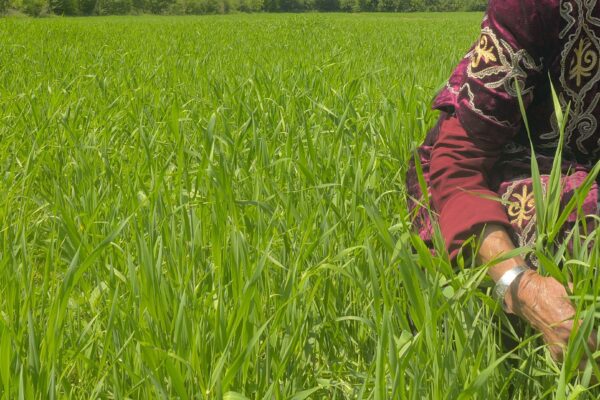
22/05/2024First investment in Uzbekistan

15/05/2024Meeting with Muhammad Yunus, Nobel Peace Prize laureate and cofounder of the Foundation

01/05/2024New partnership with UNACREP in Benin
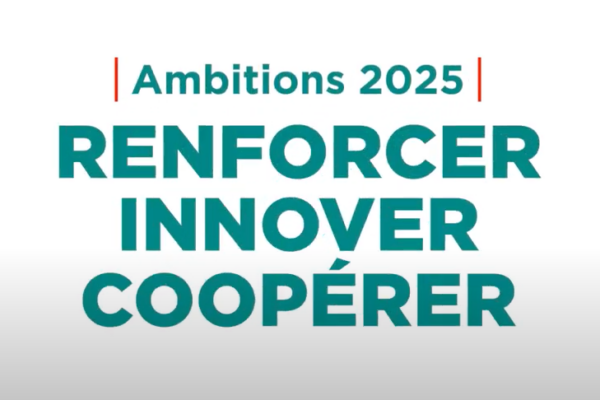
19/02/2024Our Strategic Ambitions 2025




























































































